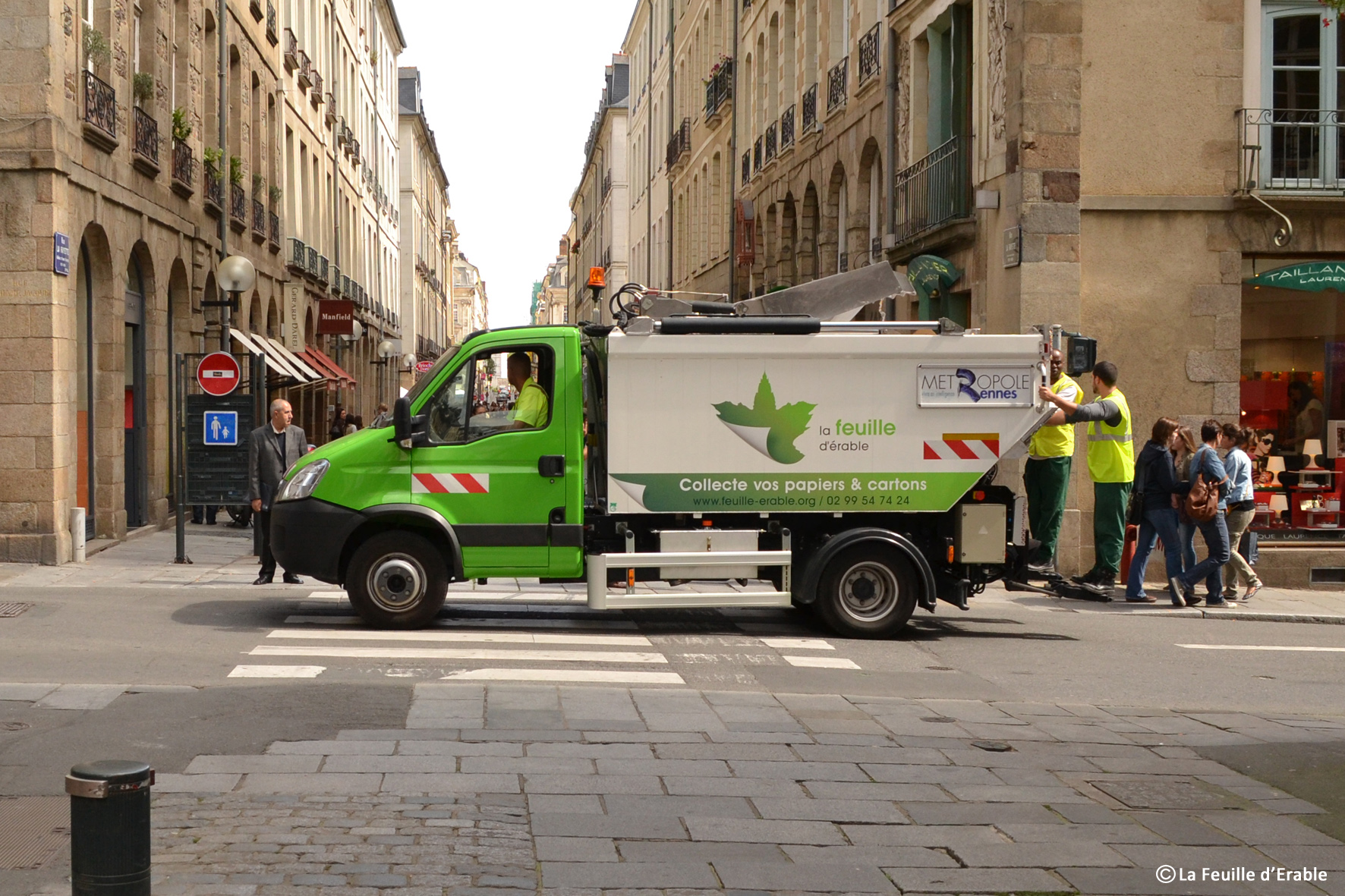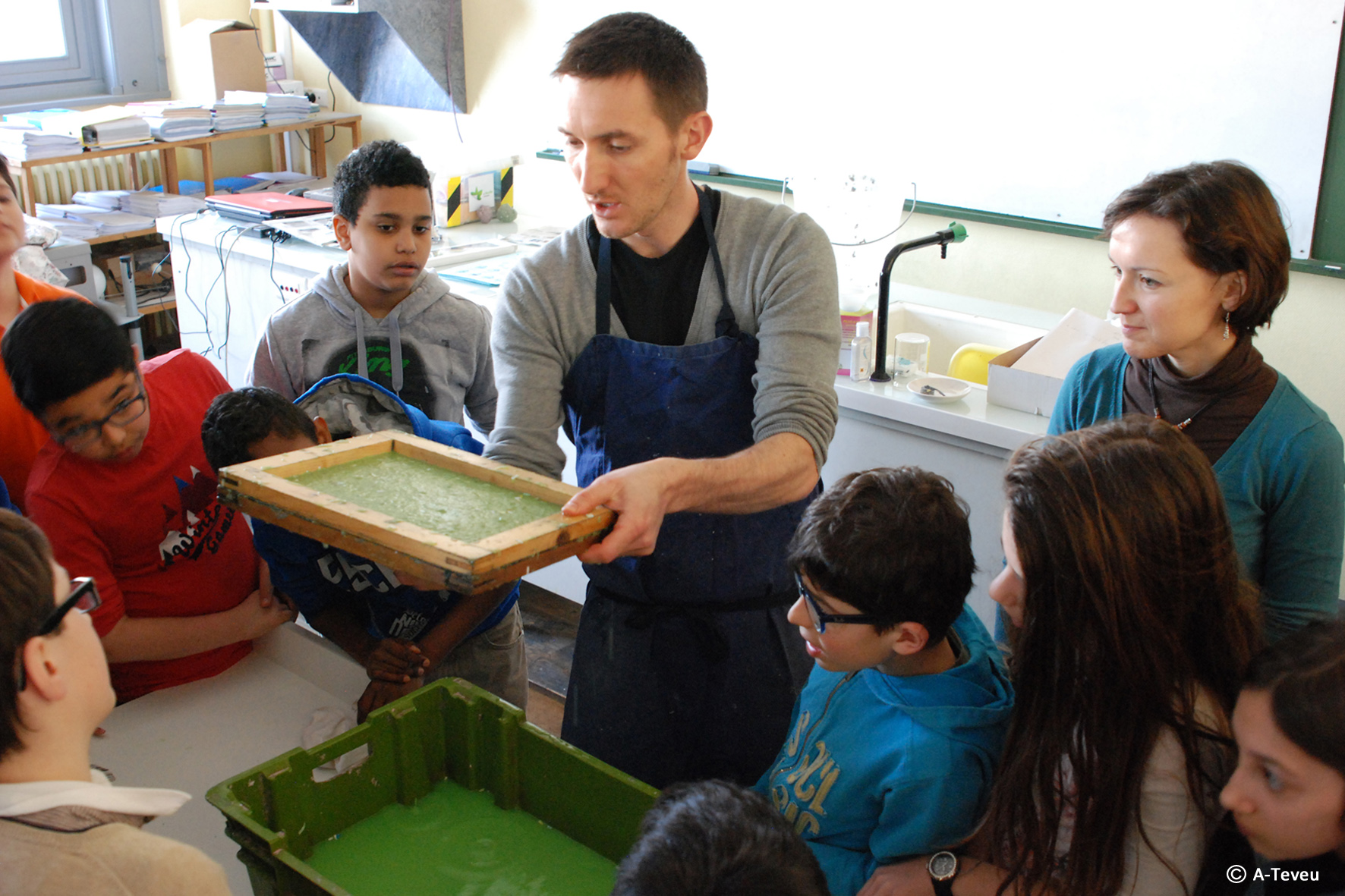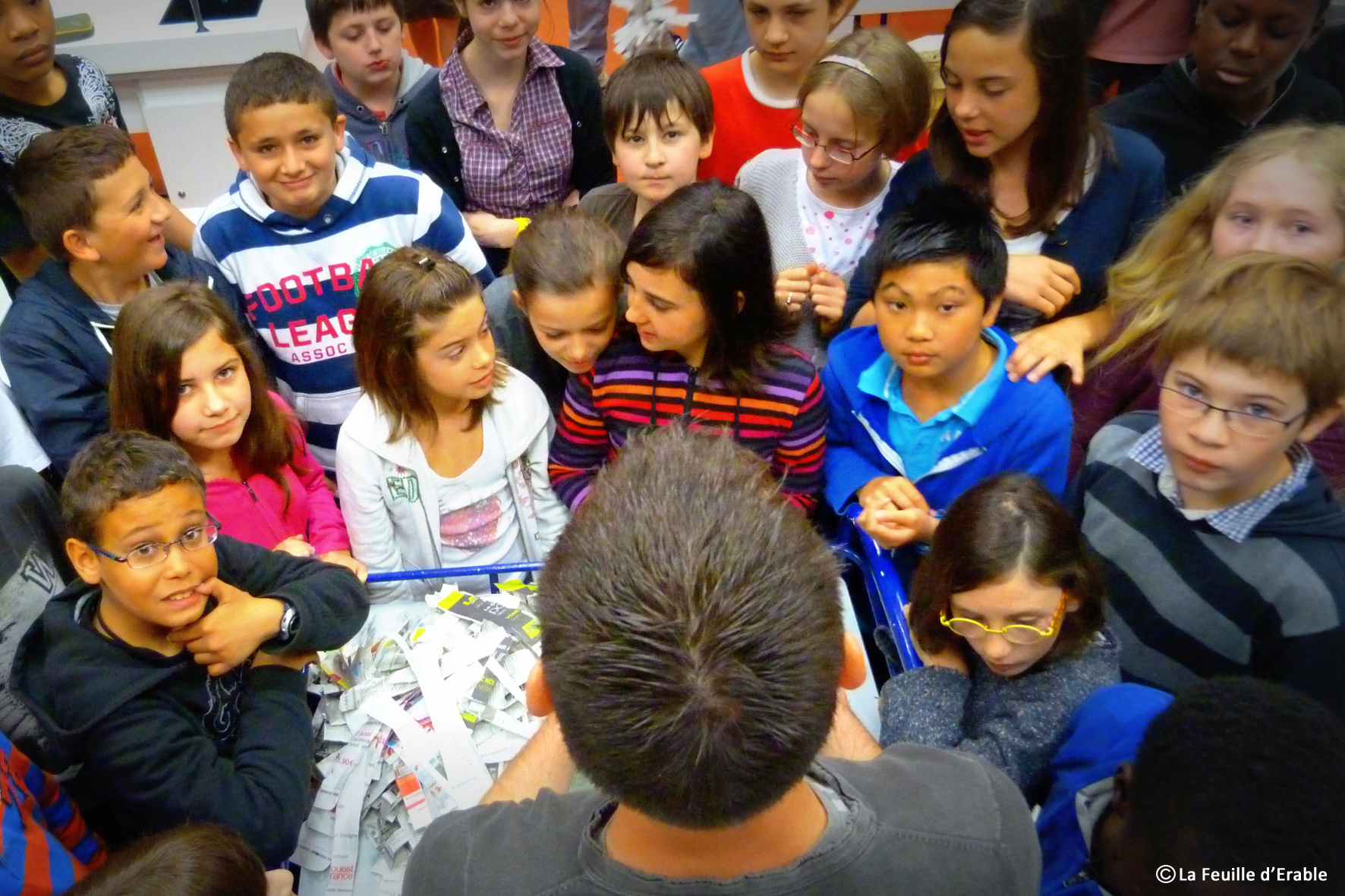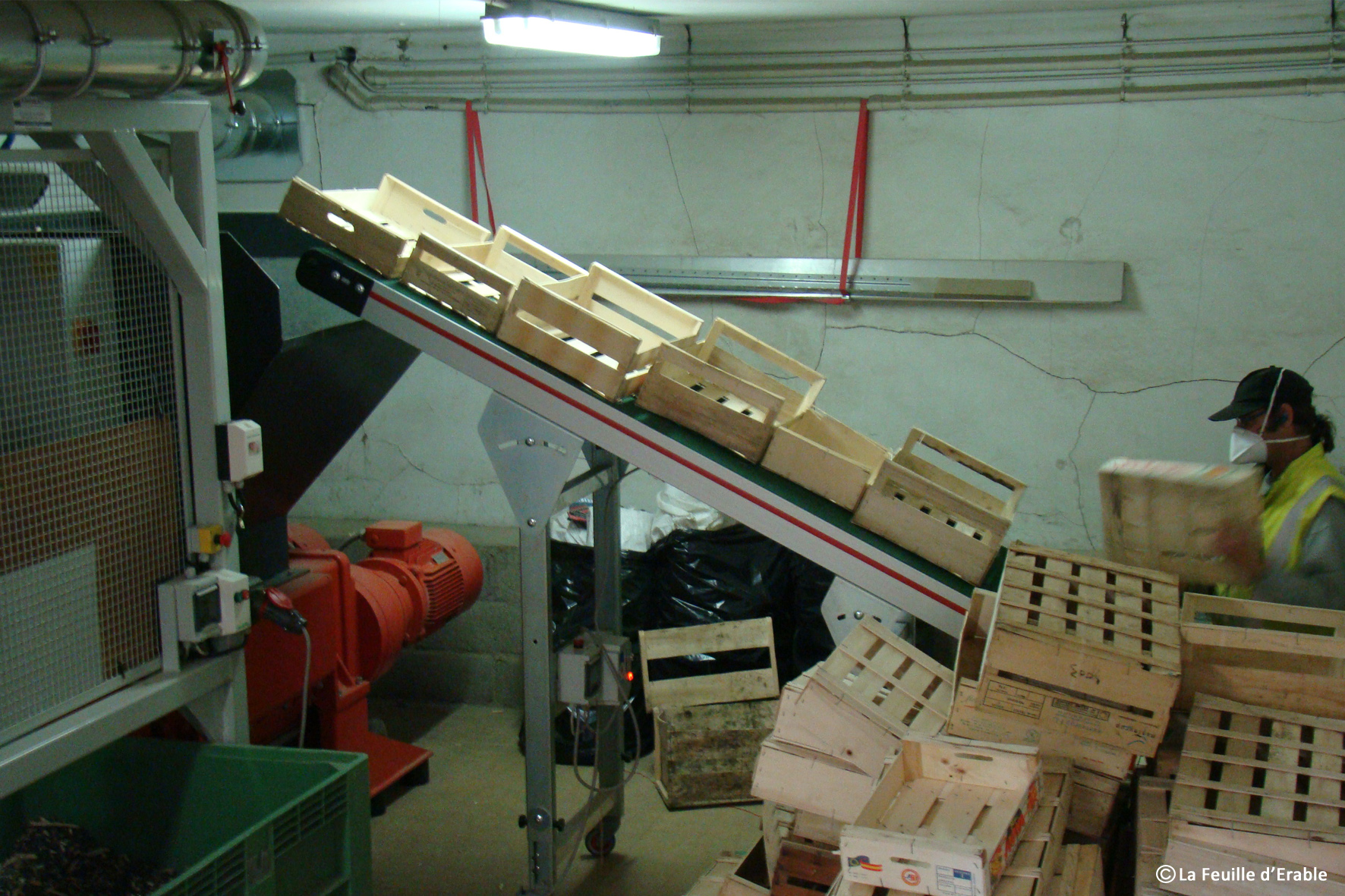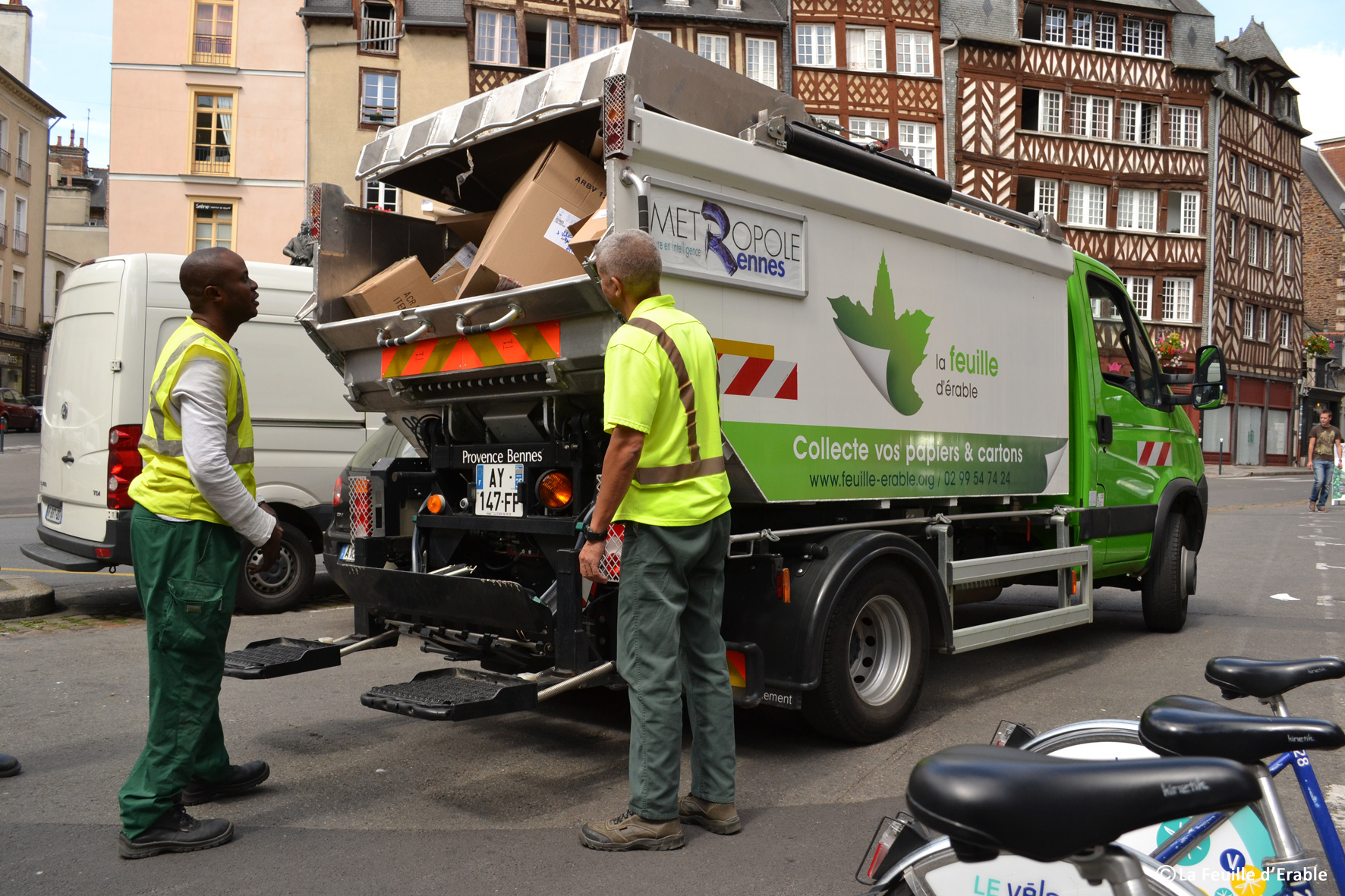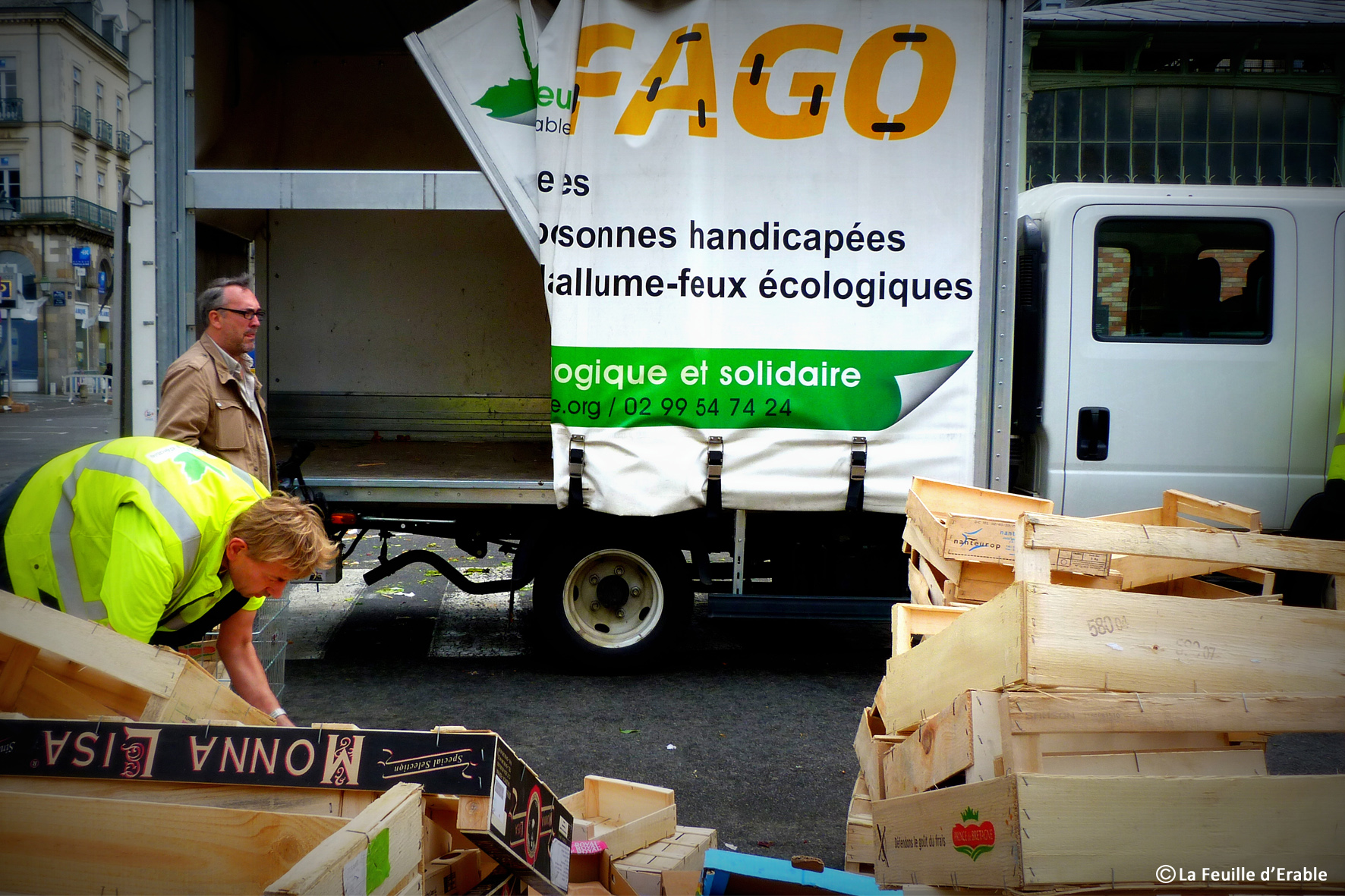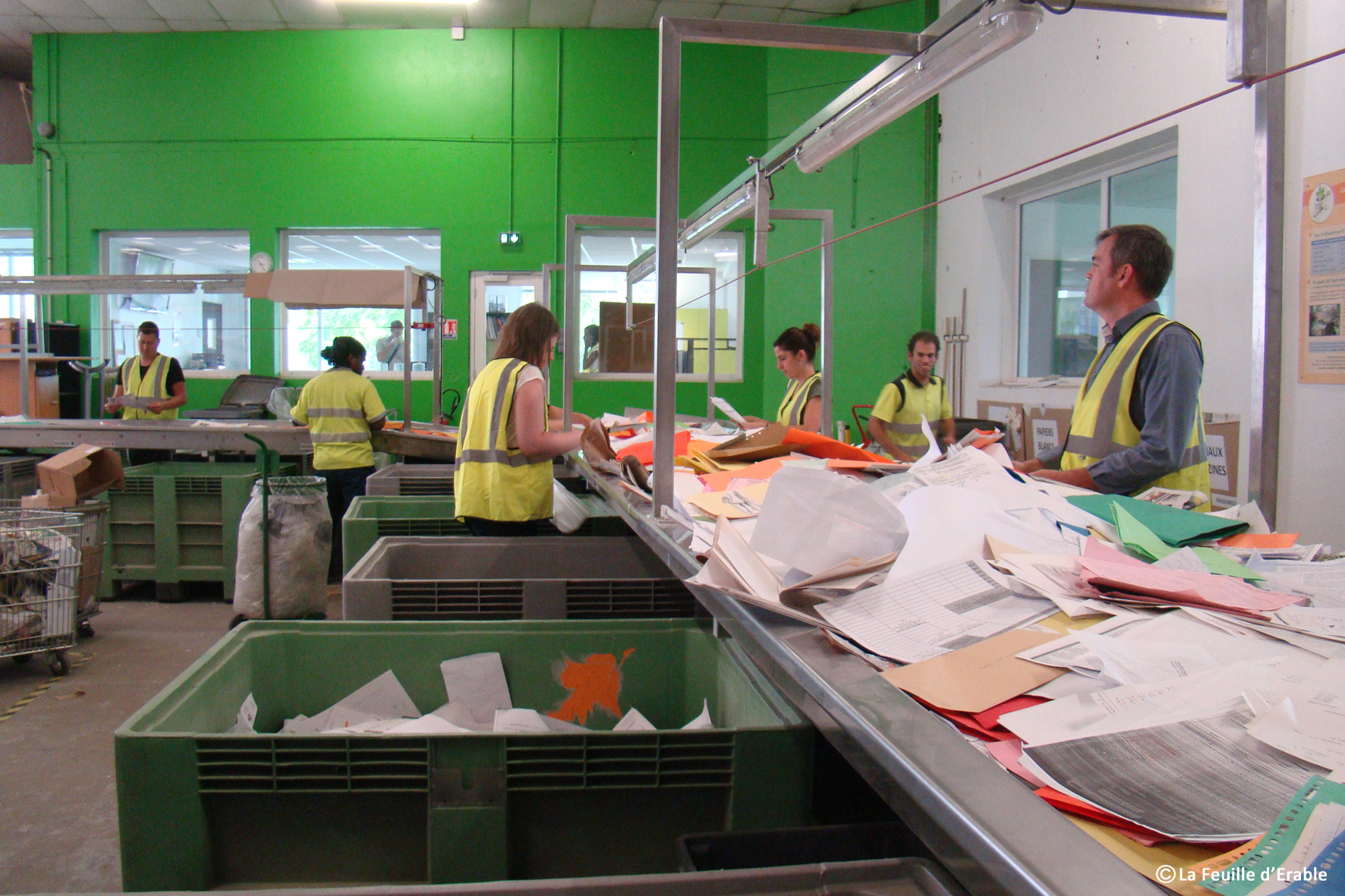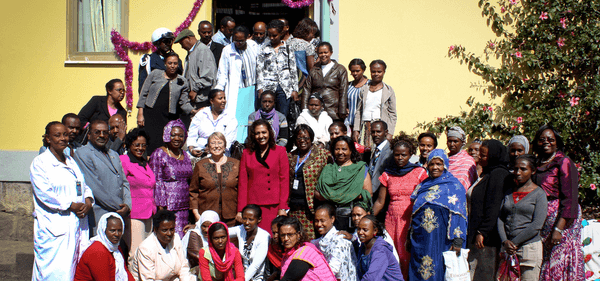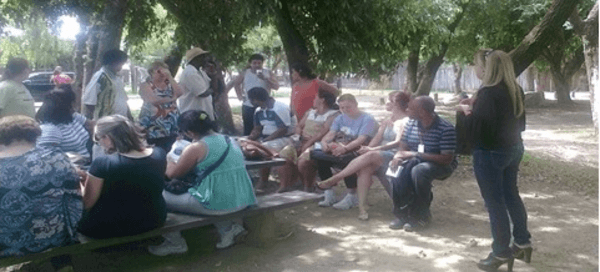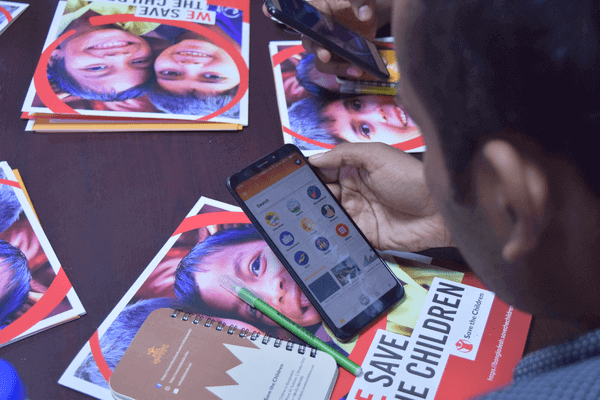City
Rennes Metropole
Main actors
City Government, Regional Government, National Government, other
Project area
Metropolitan Area
Duration
Ongoing since 2010
Rennes Metropole is using social clauses in public procurement for its waste management activities to tackle long term unemployment among low skilled people.
Rennes Metropole has a 25 year policy to tackle long term unemployment of low skilled people through partnership with non-profit social enterprises. This approach established a partnership with a social enterprise La Feuille d’Erable, which carries out a number of waste, recycling and awareness raising activities on recycling for businesses, pupils and residents to improve the city environment. As part of the tender, La Feuille d’Erable also runs a ‘back to work’ programme. People who face barriers to employment are hired for six to 24 months and receive additional training, career guidance and job search assistance.
Through adding the awareness raising campaign, extending its range of products and extending its paper and cardboard collection, La Feuille d’Erable increased the number of ‘back to work’ employees from 23 equivalent full time positions in 2001 to 43 by 2013.
Originally published by EUROCITIES, the network of 130 European cities - PDF: http://nws.eurocities.eu/MediaShell/media/353-green-web_final.pdf
External links / documents
On Map
The Map will be displayed after accepting cookie policy
